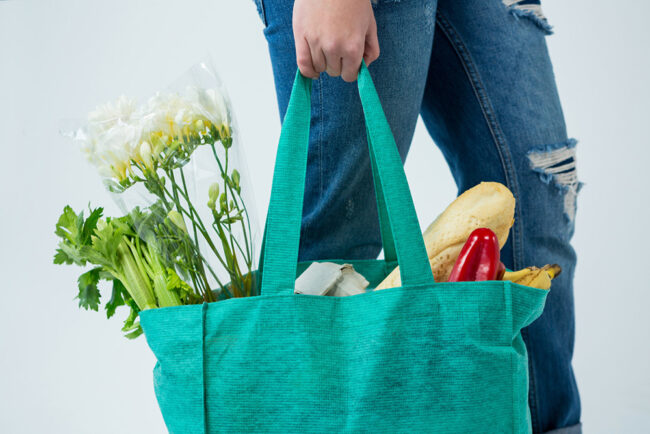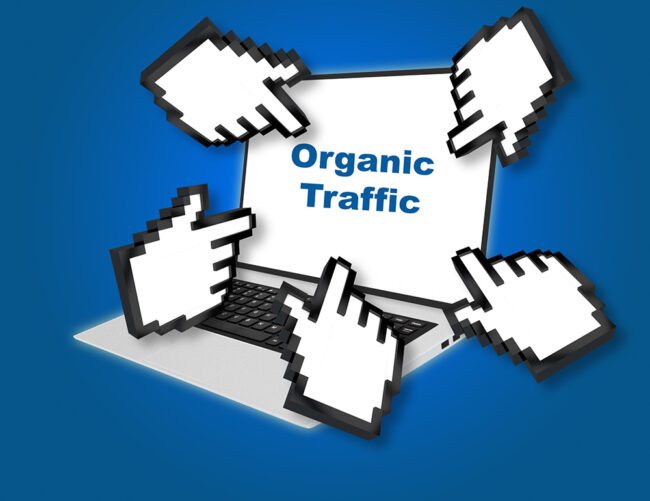Are you trying to live a more eco-friendly lifestyle? A complete lifestyle overhaul can be overwhelming if you don’t know where to begin and you aren’t alone. 78% of people are more like to purchase a product that is labeled as environmentally friendly.
Sustainable living has become more popular in recent years as a way to help save the planet. But where do you begin? If you want to learn more about how to live a more eco-friendly lifestyle, then read on.
Living an Eco-friendly Lifestyle
Living an eco-friendly lifestyle is more than taking your reusable bags to the supermarket. To adopt permanent eco-friendly habits, you can refer to the 5 Rs of sustainability which are:
- Refuse (unnecessary items such as leaflets)
- Reduce (fuel consumption and energy)
- Reuse (shop second hand)
- Recycle
- Rot (compost food waste and natural products)
You’ve probably heard of reducing, reusing, and recycling but there are now more ways in which you can save the planet. You can use the 5 Rs in the order they are above to decide how you should deal with your waste. Using them as a guide will also help you determine whether you should buy something new.
Before you start switching over to high quality eco friendly products, you could also do a garbage evaluation. Throw on some rubber gloves and take a look at the things you are sending to the landfill in your garbage bags. This will help you avoid products that you can’t reuse, recycle, or compost.
Reusable Water Bottles
Every year in the US, 17 million barrels of oil are used to create 50 billion disposable water bottles. Of these 50 billion only one in five are recycled. Switching to a reusable water bottle will help reduce the amount of plastic waste that goes to landfills and the ocean.
Using a reusable water bottle is also better for your health. The plastic particles in disposable bottles can leach into your water. A disposable bottle of water might seem convenient but it could damage your health in the long run as well as the planet.
Go Paperless
You can now choose to view bank statements, magazines, and other publications online instead of having them printed. Not only are receipts non-recyclable but around 50% of receipts are printed on thermal paper. The thermal paper contains harmful chemicals and several materials that make them impossible to recycle.
Many places now offer the option to email your receipt. Where possible, try to avoid printing one.
Switch to Bars of Soap
Bars of soap tend to have fewer ingredients than bottled shower gels and body wash. Rubbing a bar of soap against your skin can also be more effective than washing with a bottled product. Not only are soap bars better for optimal health, but they also reduce plastic waste.
You can now buy shampoo, conditioner, and lotion in bar form. If you can’t switch to a bar, try to find a company that will refill your empty bottles for you. Bars of soap are also better for people who suffer from allergies as they are less toxic and paraben-free.
Start a Compost Heap
Food waste takes up more space than any other item in landfills. The US wastes around 40 million tons of food every year which is 30-40 percent of the food supply for the entire country. You can reduce this amount by putting your food scraps in the compost.
There are lots of ways to start composting including vermicompost (using worms), hot, and cold composting. You can add your food scraps and organic materials to your compost to create a wonderful concoction that can help your garden grow. There are lots of benefits to composting including healthy living and less waste going to landfills.
Natural Cleaning Solutions
Mainstream cleaning products can contain toxic and harmful chemicals that can harm the planet and your health. You can use products such as baking soda, lemons, and vinegar to clean the surfaces in your home at a fraction of the cost. Vinegar is made from acetic acid which can kill bacteria and remove dirt just as well as a conventional cleaner.
You can also soak citrus peels in vinegar for a natural citrus-scented cleaning solution. Add it to a spray bottle and clean your surfaces. You may be surprised by how well these simple ingredients work!
Save Water and Energy
Turning off the tap while you brush your teeth can save 8 gallons of water per day. Try to turn off the tap when you can including washing dishes and shaving. You should also check your home for leaks that could be wasting water without you realizing it.
Some other sustainable habits to help you save energy in the home include:
- Unplugging devices
- Switching off lights
- Lower your thermostat
- Use LED lights or energy-efficient bulbs
- Wash clothes at a cold temperature
You could also switch your appliances to energy-efficient versions to save energy in your home. Not only will these eco-friendly habits help to save the planet but they’ll save you some money too.
Choose Ethical Brands
Part of living a sustainable lifestyle is choosing brands that are ethical and good for the environment. If you can’t buy second-hand then choosing to buy from a company with good values is the next best option. Some useful tips to consider when choosing ethical brands are:
- They don’t cause harm to people, animals, or the planet
- Ethical values
- They are honest and open
- They provide a fair wage to their employees and suppliers
- They display eco-friendly certifications such as cruelty-free and fair trade
Most ethical brands will provide a detailed description of why they are sustainable on their website. Pay attention to the ingredients and materials that are used in their products. An ethical brand will provide organic fabrics and materials such as cotton and hemp.
Start Living Your Sustainable Lifestyle
You can start living an eco-friendly lifestyle by making simple swaps that will make a huge difference. Developing eco-friendly habits will be great for the planet and promote healthy living in your household. By making sustainable choices you’ll be playing your part in saving the planet and promoting a healthier way of life.














